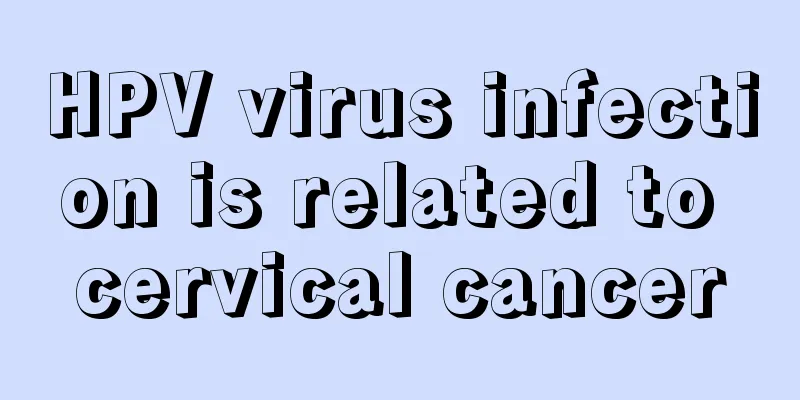How to treat esophageal cancer at the age of 85

|
Treating esophageal cancer in an 85-year-old is personalized based on the individual's health and stage of disease. For older adults, treatment of esophageal cancer, a malignant tumor that develops in the esophagus, requires special consideration of overall health and quality of life. Common treatments include surgery, radiation therapy, and chemotherapy, which require special caution in older patients. For an 85-year-old patient, a doctor may recommend a gentler treatment plan to reduce side effects and improve quality of life. After esophageal cancer is diagnosed, your doctor will usually perform a series of tests to assess the stage and spread of the cancer. These tests may include endoscopy, CT scans, and PET scans. Knowing the specific stage of the cancer can help you choose the right treatment. For example, if the cancer is confined to the esophagus, surgery may be an option; if it has spread, chemotherapy or radiation therapy may be needed. Older patients often have other health problems, so your doctor will take these factors into consideration when choosing treatment. Supportive care is also an extremely important component for older patients. This includes nutritional support to help patients maintain their weight and get enough nutrition, as well as physical therapy and psychological support to improve overall quality of life. Some patients may find that changing their eating habits, such as choosing foods that are easier to swallow, can relieve symptoms to some extent. Some patients may find that communicating with a professional team and understanding their treatment options and prognosis can help relieve psychological stress. Because each patient's situation is unique, elderly patients especially need to develop personalized treatment plans under the guidance of a professional medical team. If there is an 85-year-old esophageal cancer patient in your family, be sure to consult an oncologist as soon as possible to obtain professional guidance and advice to ensure that the best treatment path is chosen for the patient. |
<<: What to do with breast fibroids in an 18-year-old girl
>>: Will 2 cm kidney cancer also metastasize?
Recommend
What is esophageal tumor
Be sure to control the temperature of food when e...
Causes of Melanoma
Melanocytic tumors can be composed of epidermal m...
Certain characteristic signs will appear after the early stage of skin cancer
Since the early symptoms of skin cancer are eryth...
What is the reason for acne on the nose
Many people have acne on the wings of their nose....
What medicine should I take if there is bloodshot after abortion polyp surgery
For female friends, if they get pregnant unexpect...
What is the normal value of triglycerides
Triglycerides are a type of blood lipids. Blood l...
The efficacy and function of wild mugwort
Mugwort, also known as Artemisia argyi, includes ...
What are the early symptoms of lymphoma?
What are the early symptoms of lymphoma? Lymphoma...
Chemotherapy for brain tumors
Every brain tumor patient is well aware of his or...
How to draw eyebrows with an eyebrow pencil
Nowadays, more and more people pay attention to d...
Precautions for radiotherapy of cervical cancer
Preventive measures for radiotherapy and chemothe...
What to do if you feel dizzy and groggy? Find the cause in time
Many people always feel dizzy, have no energy to ...
If your palms feel numb, beware of four types of patients
In daily life, many people have experienced numbn...
What are the factors that affect milk secretion?
Mothers who have just given birth hope to have en...
What should I do if I am afraid of mosquito bites
Mosquitoes are the most annoying creatures on ear...









